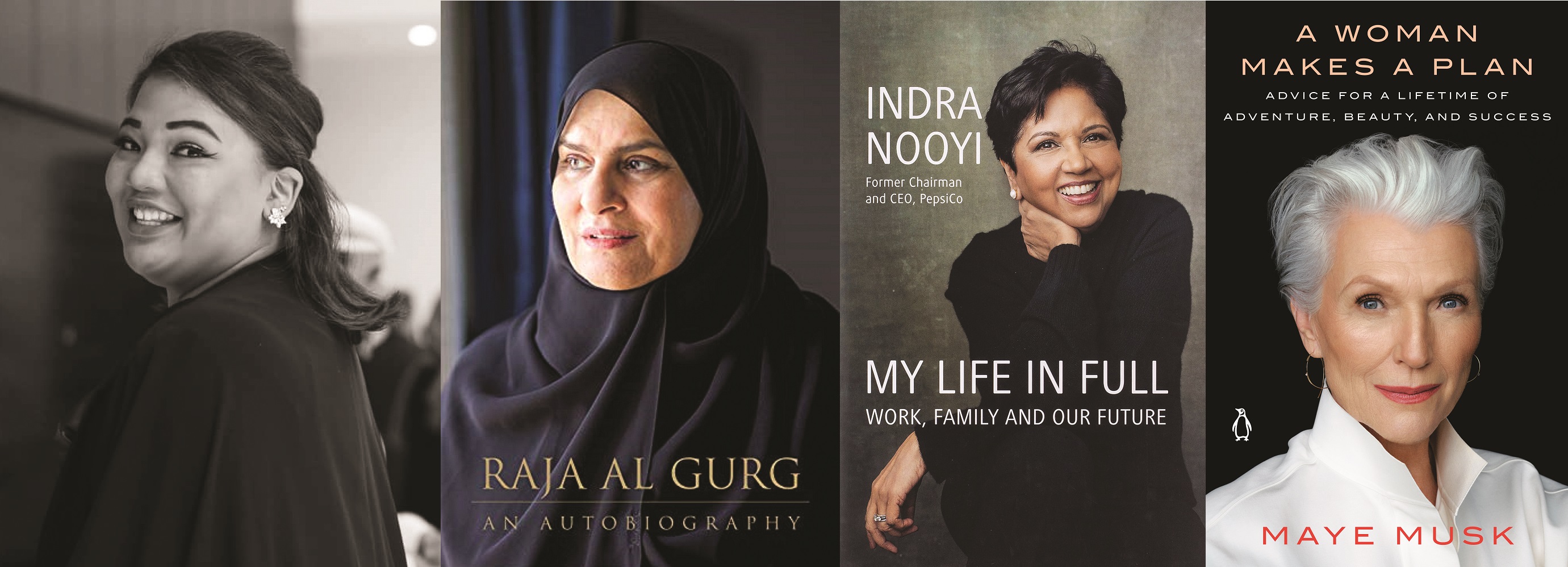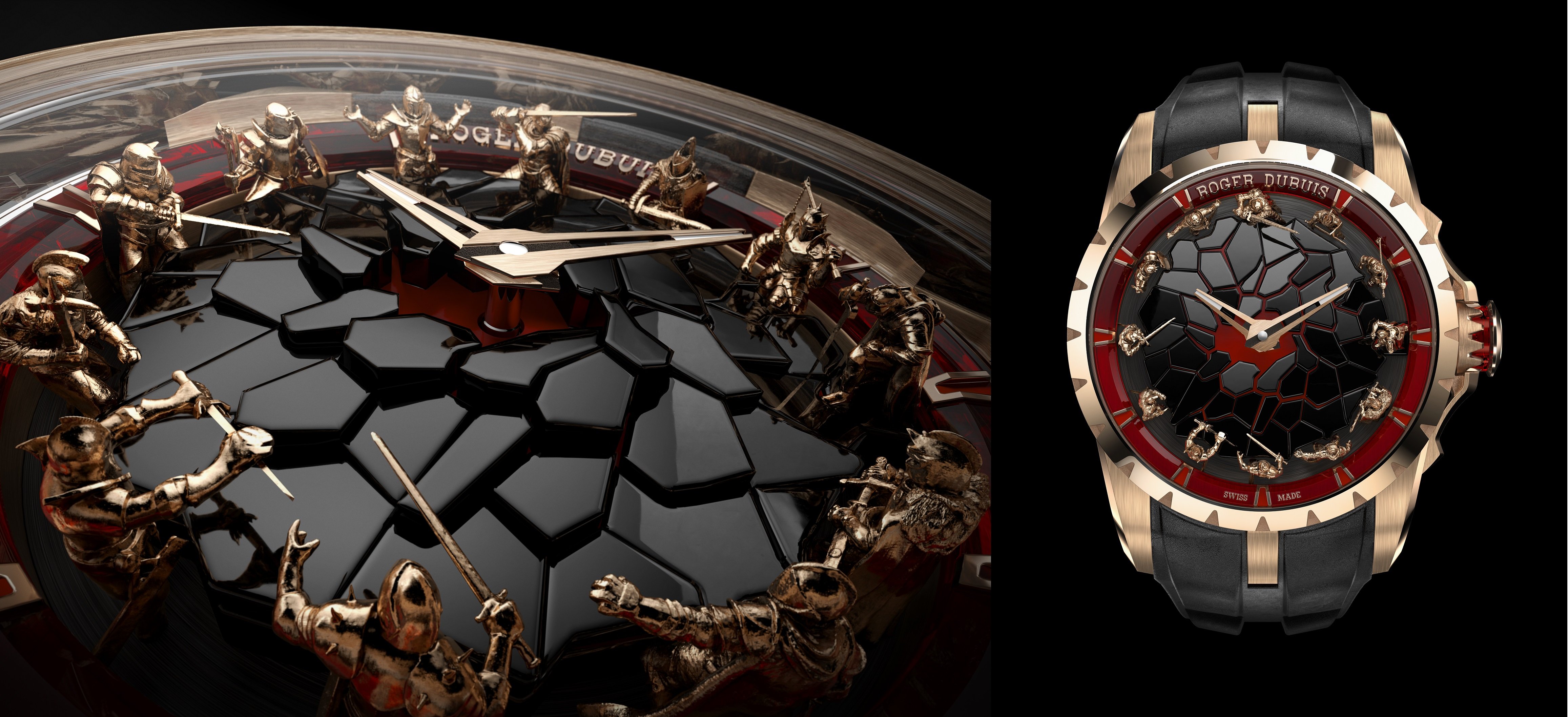Team Tools

As the author notes, "she worked on "Team Tools" for about 1.5 years, not including the preparations that began 3 years ago and collecting materials for the book, as well as developing the script for the in-depth interview. The biggest challenge was preparing a book in a foreign language (i.e. English). It is not my native language, although I have been speaking it for about 16 years, so the use of known words and phrases was checked by the translator several times to find the appropriate translation. It was a challenge, and also a huge test for me in English.”
The research conducted by the author with management staff, including directors and managers of international companies based in Poland, other European countries and the USA, lasted one year. During this period, an individual in-depth interview was also conducted. Thirty people between 20 and 60 years of age were selected to participate in the study.
Research results indicate that both women and men build different teams. There are still few women holding managerial positions in large corporations. It is worth mentioning the results of other studies: "According to a report by the European Commission, approximately 15.8% of women sit on the management boards of companies registered in the European Union. Nevertheless, this number is growing every year”. - says Angelica Pegani.
Another difference between men and women is setting career goals. Men are more likely than women to intend to reach management level within, for example, three years of graduation, as many STEM businesswomen point out in their books. The comparisons show several similarities and differences in the behavior of men and women. The distinction was developed in such a way as to analyze several features that distinguish the way men and women act. If we were to be reflective, this division might give the impression of a somewhat instrumental approach. The difference can be seen in solving problems, implementing new projects, taking initiative, work systems and sources of success and satisfaction.
Different personality types are also important in selecting team members, as the author points out. Personality types primarily define a person: his abilities, temperament, interests, needs and even physiological features. It is a set of elements of our psyche and behavior through which we distinguish ourselves from others. Selecting diverse people for a team makes it more effective, creative and productive.
The author also writes about conflicts in the team, which influence the development of new ways of solving them. For this reason, it is often written about its constructive nature. Therefore, it is necessary to mention several ways of resolving conflicts in the team. They can be divided into five categories: competition (fight), adaptation, avoidance, cooperation and compromise. Lecturers from the Pedagogical University in Warsaw also distinguish the type of actions that people take during a conflict, which are: "avoiding conflict", "giving up aspirations", "looking for support", "appealing to a third party to decide, after whose side is right", "taking up a fight to destroy the opponent" and "treating the conflict as a problem to be solved". Most importantly, if we find the exact source of the problem, only then are we able to discuss it and, through negotiations, eliminate or reduce its scope. The ability to actively listen or assertiveness helps conduct a constructive dialogue. Using a win-win strategy allows you to achieve positive results for both parties.

About the Author:
Angelica Pegani – Polish journalist and author of many books and articles published in peer-reviewed scientific journals. She graduated from journalism studies at the University of Wrocław and master's studies in marketing from the University of Gdańsk. Since 2018, she has graduated from postgraduate management studies at the Gdańsk University of Technology and holds an Executive Master of Business Administration diploma from the Warsaw School of Management. She regularly gains experience in management by participating and co-organizing scientific and business conferences, expanding her knowledge and skills.






.jpg)


